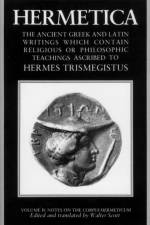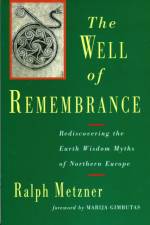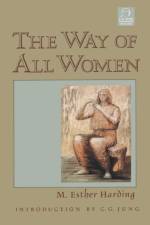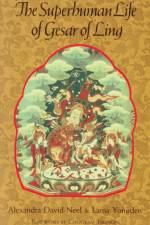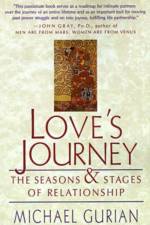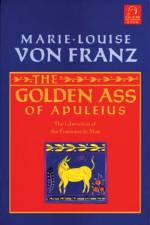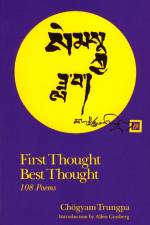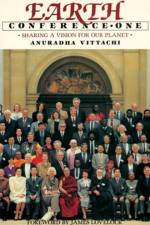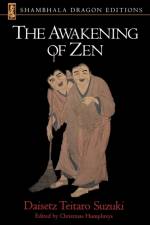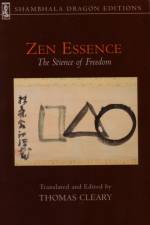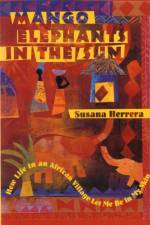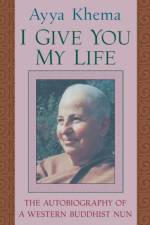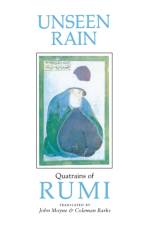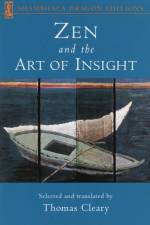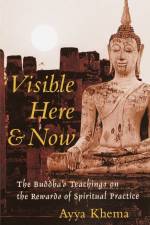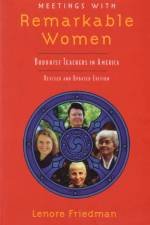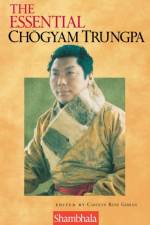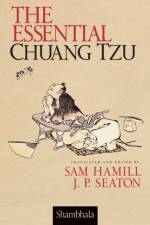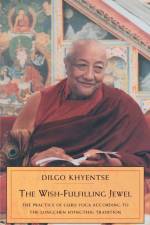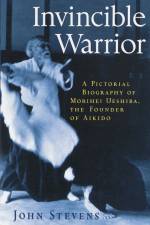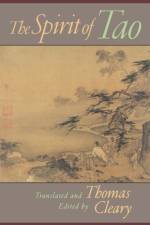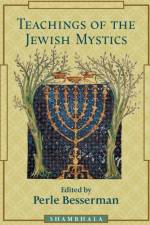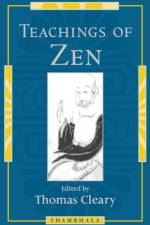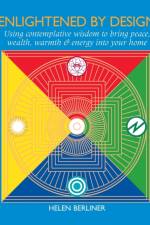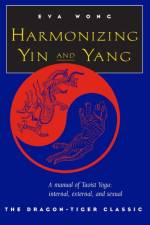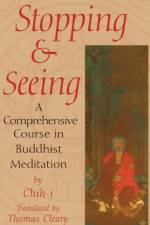- The Buddhist Teachings on the Rewards of Spiritual Practice
av Ayya Khema
329,-
This practical commentary on one of the most important scriptures of the Pali canon will provide essential sustenance for Buddhist practitioners. Ayya Khema is a mountain of strength, encouragement, and tough love as she pours out down-to-earth practical instruction on the journey to enlightenment, following the framework set forth in the Samannaphala-sutta, the Buddha's discourse on the rewards of spiritual life. The sutta-included here in the translation by Bhikkhu Bodhi-contains the Buddha's teachings in response to questions posed by King Ajatasattu. Why, the king asked, should we give up the satisfactions of worldly life and devote ourselves to meditation? What are the tangible benefits to be gained from following the Buddha's way? In answering this question, the Buddha provides a compact synopsis of the entirety of the spiritual path, and Ayya Khema expands on this with her characteristic approach-simple, direct, experiential, and loving. An important aspect of the sutta is an account of the eight meditative absorptions, or jhanas-states of mind that bring joy, serenity, and peace and that open the way to clarity and liberation. Ayya Khema, who was herself adept at the eight absorptions, confidently leads the reader to, through, and beyond the jhanas, following the Buddha's plan. Her words have the effect of inspiring us to roll up our sleeves and get to work so that we may grasp the insights, accomplish the meditative goals, and become enlightened to the highest extent of our talents and efforts.

